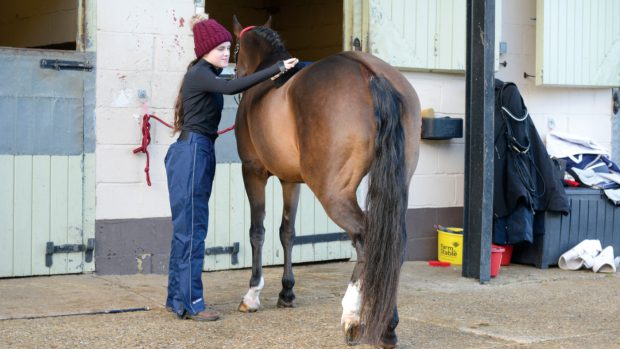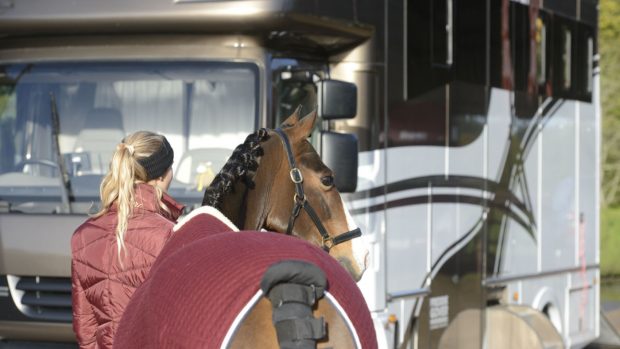Dealing with difficult horses in practice is one of the myriad challenges facing vets and veterinary nurses on a day-to-day basis. It is an occupational hazard, but one that poses serious risks.
A new course, delivered by The Horse Trust — the first of its kind in the UK — has helped practitioners develop their skills in handling challenging equines.
The one-day courses were held at the end of last month at The Horse Trust’s Home of Rest for Horses in Buckinghamshire.
The aim was to develop the practitioner’s skills in handling challenging horses using the objective, evidence-based principles of equitation science. The training was led by Gemma Pearson, senior clinical training scholar in equine practice at the Royal (Dick) School of Veterinary Studies, who specialises in dealing with behavioural cases.
Gemma reviewed equine ethology and learning theory and explained how these principles can be used to address behavioural problems encountered on a daily basis by vets and nurses.
Gemma said: “The recent BEVA survey has shown how dangerous our profession can be and hopefully the course participants now have some tools to help them manage these horses in a safe and time efficient way.”
Jenny Thompson, a veterinary nursing lecturer, said: “It was so refreshing to attend an evidence-based course on this subject and to see learning theory utilised in an informed and reasoned manner with the horses’ welfare always paramount”.
Alastair MacVicar MRCVS, Principal of the Anvil Equine Veterinary Clinic, West Sussex, said that the knowledge gleaned by vets and nurses will also have benefits for horse owners.
“It will allow us to offer more involved advice to owners who are being tested by their horse’s poor behaviour,” he said. “It also impressed me with regard to the relative rapidity with which some poor behaviour can be modified — a matter of just half an hour in some cases.”




